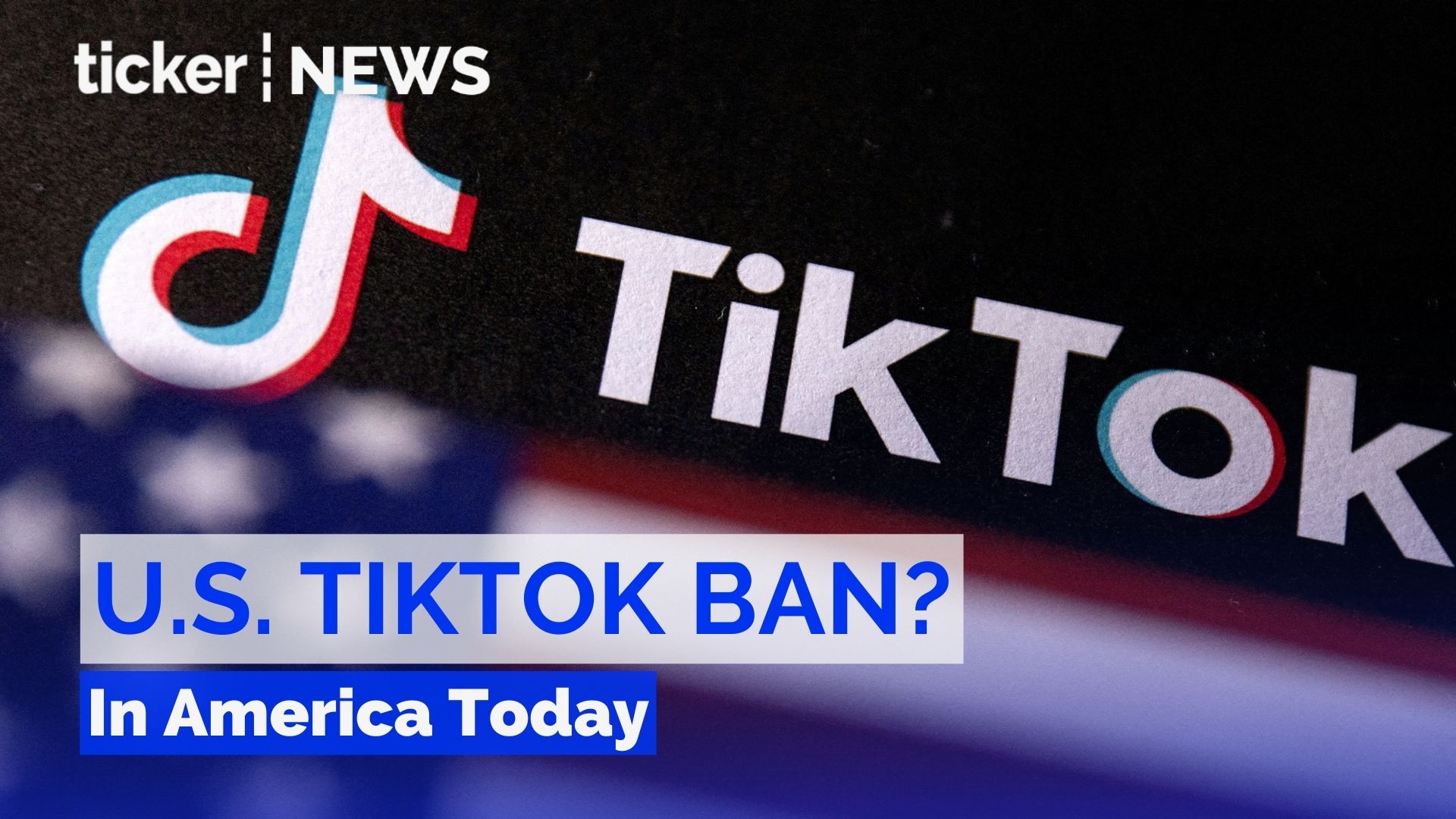How can businesses and individuals navigate the complex terrain of cyber threats for a secure digital existence?
For small to medium business owners, the biggest challenge in the digital age is safeguarding their enterprises against relentless cyber threats. The evolving landscape of cyber attacks poses a significant risk, demanding vigilant measures to protect sensitive digital assets.
To assess the security of their digital assets, businesses can implement comprehensive measures. Regular cybersecurity audits, penetration testing, and employee training are essential steps. These measures not only evaluate existing vulnerabilities but also fortify the workforce against potential threats.
AI tools, while beneficial in various domains, present a double-edged sword in cybersecurity. Threat actors increasingly leverage AI for sophisticated attacks, exploiting vulnerabilities with unprecedented precision. This necessitates businesses to enhance their cybersecurity infrastructure, employing advanced AI-driven defence mechanisms.
In the unfortunate event of a suspected data breach without cyber insurance, Australian businesses should act swiftly. Initiating a thorough investigation, notifying affected parties, and seeking legal counsel become imperative steps. However, prevention is key, highlighting the importance of investing in robust cybersecurity measures and, where possible, obtaining comprehensive cyber insurance coverage.
Individuals working from home can bolster their cybersecurity by employing secure networks, updating software regularly, and using virtual private networks (VPNs). Vigilance against phishing attempts and implementing multifactor authentication further fortify an individual’s digital security, ensuring a safer remote work environment.



 News5 days ago
News5 days ago


 Shows2 days ago
Shows2 days ago


 News4 days ago
News4 days ago


 News4 days ago
News4 days ago


 Leaders3 days ago
Leaders3 days ago


 News5 days ago
News5 days ago


 News4 days ago
News4 days ago


 News2 days ago
News2 days ago







